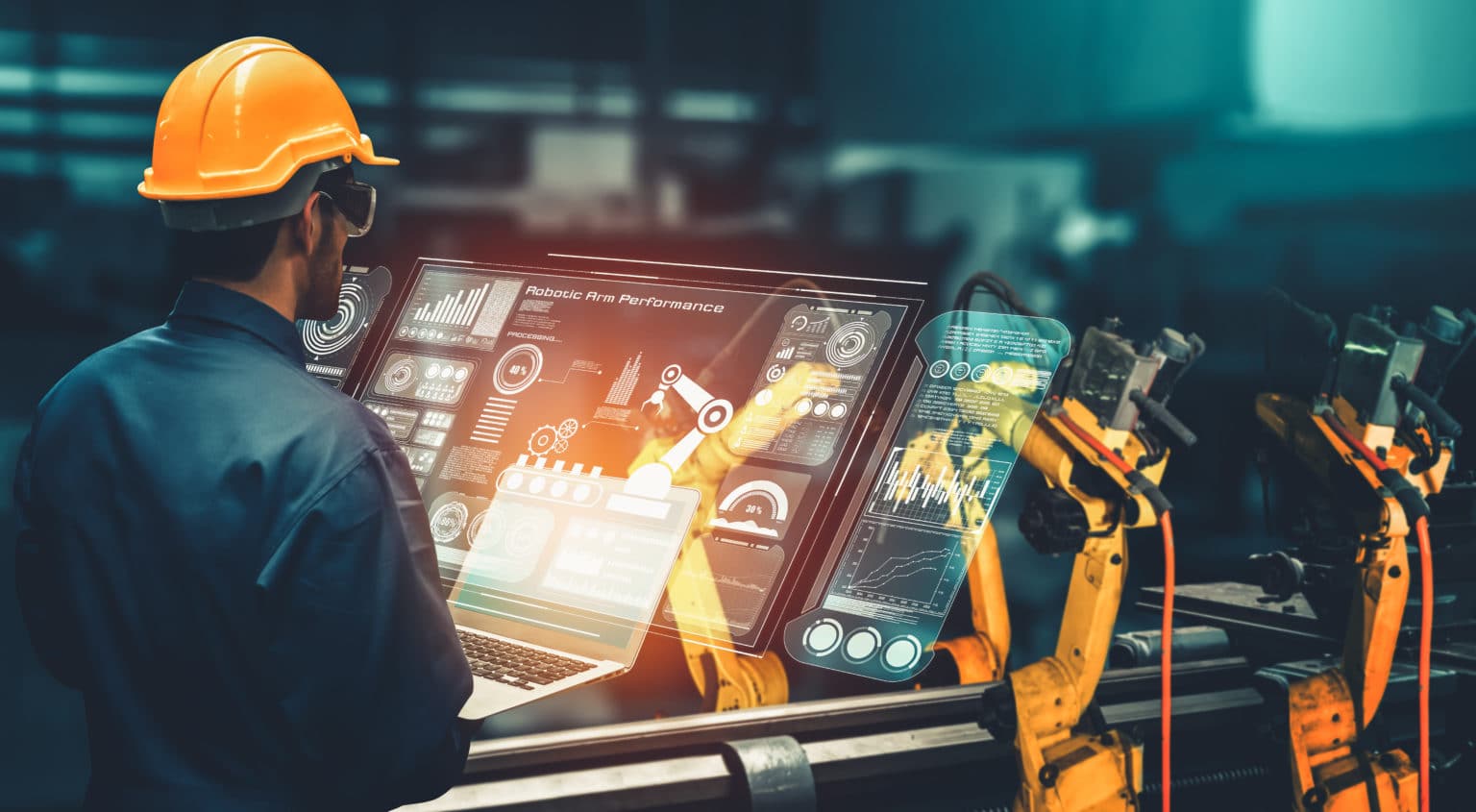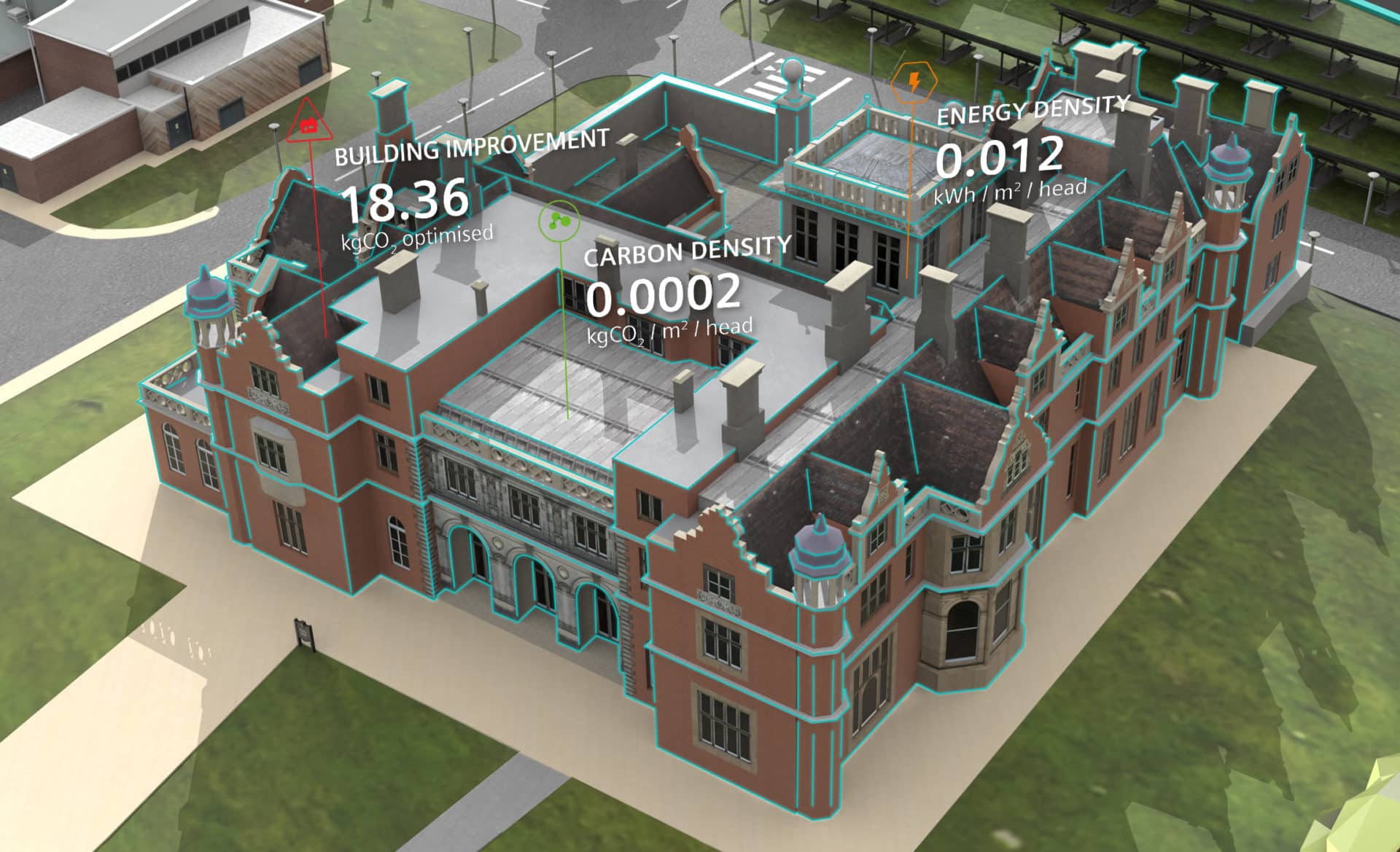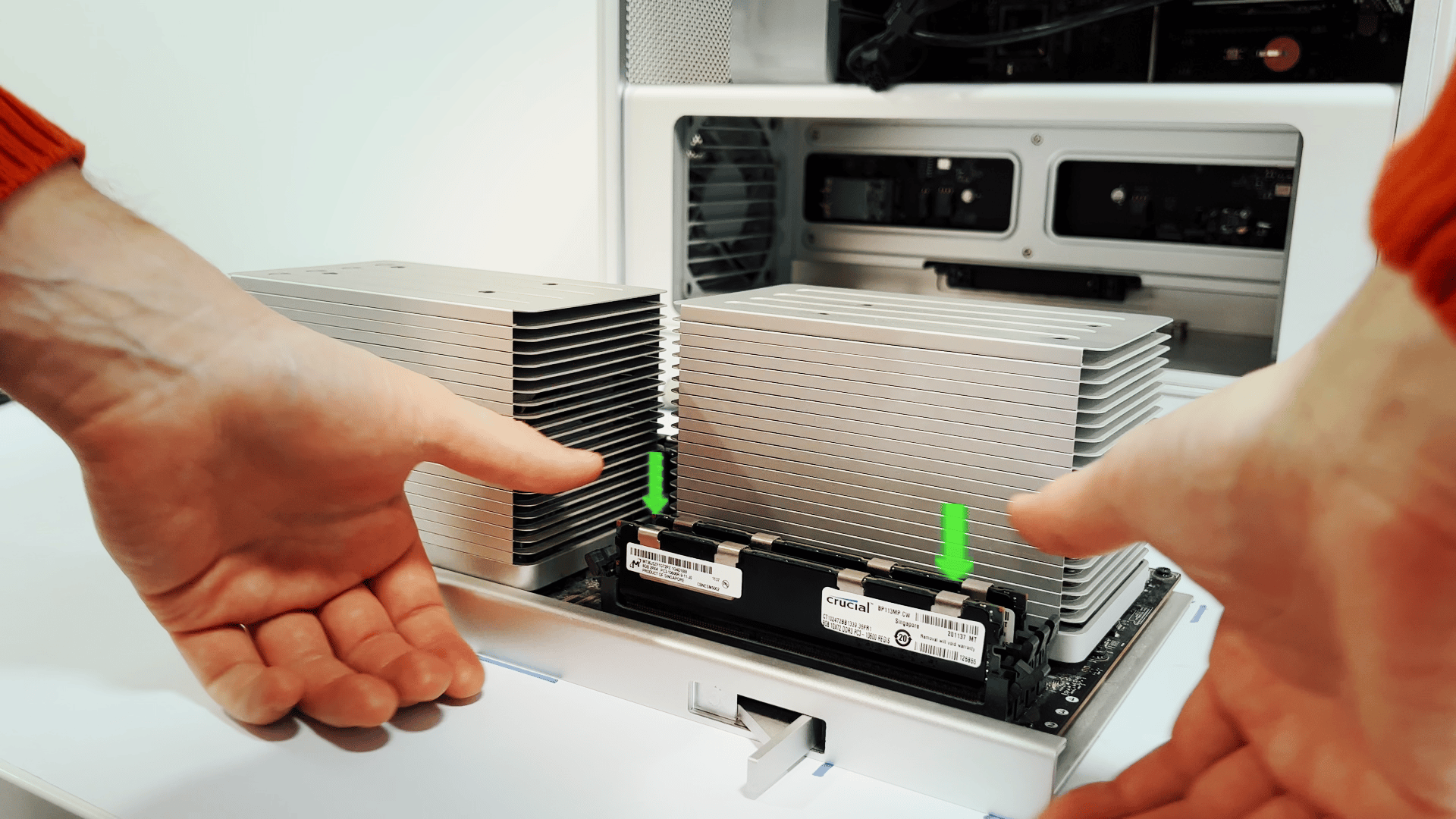
Industry and manufacturing
Building cutting-edge industry
Industry and manufacturing is accelerating like never before. The new Industrial Revolution is well underway.
Driven by new connectivity technologies – AI, machine learning, the cloud, digital twins, simulation and XR – the blending of digital and physical is creating a newer, better, more efficient version of the industries of the past.
MAADIGITAL is a team of experts at the cutting edge of industrial technologies, delivering bespoke solutions that provide efficiency and cost improvements across vital sectors.
MAADIGITAL's immersive industry solutions

Digital twins
Merging data and immersive 3D, digital twins bridge the gap between the real and digital worlds
A digital twin is a virtual replica of a physical object, process or space. Sensors on the original feed functionality data into the digital twin, including factors like energy use or output, temperature, efficiency, weather conditions, frequency of use and more. This data can be used to simulate the object, process or space on the digital version helping study performance and simulate potential improvements.
Digital twins are the multi-industry superstars of the immersive revolution – used in the manufacturing, engineering, architecture and planning, energy, and healthcare sectors and are key to plans for net zero.

Simulation
Mimic real-world processes to assess and develop new ways of working
Simulation is a close-up virtual examination of a process. Perfect for in-depth analysis of a single process, simulation is similar to creating a digital twin at a smaller scale. Simulation aids in experimentation, iteration and prototyping by mimicking the existing or proposed process and providing data to demystify deployment in the real world. It’s also an excellent solution when testing the real-world process would cause risk to life or damage to equipment.
Completely reproducing existing or proposed systems in the digital space helps avoid downtime, prove concepts before investing in physical solutions and provides a window into the future of systems like manufacturing, utilities, logistics and more.

Mixed reality training
Save money and time and minimise risk while training new and existing employees
Training new and existing employees in complex tasks can be difficult, dangerous, resource-intensive and take time away from experienced staff.
Mixed reality training is a controllable environment allowing trainees to safely and repeatedly practice high-risk or complex scenarios.
As trainees complete their work, data from each session lets you iterate and improve on training for even greater efficiency.
You save money and time by having more efficient onboarding, not taking time from your expert staff to train new ones and having employees who learn faster and recall more.

